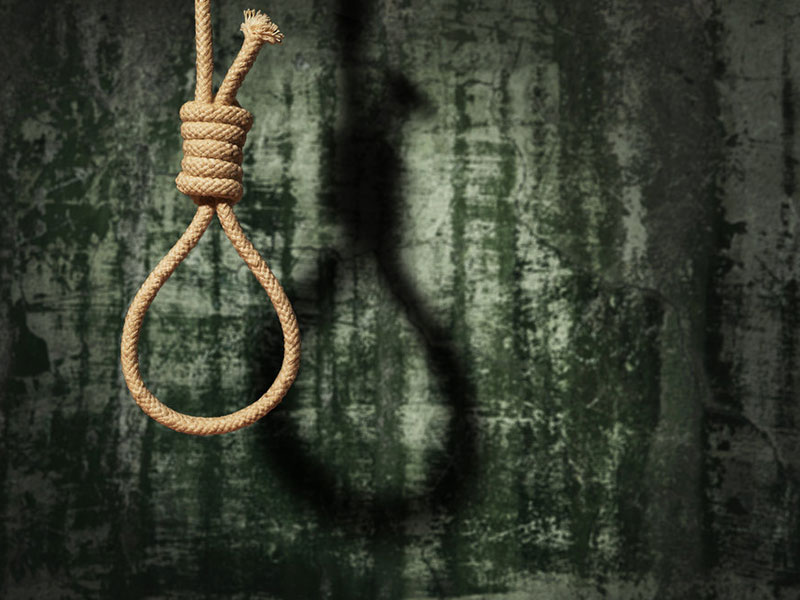The suicide rate in Sri Lanka has increased significantly in recent years, coinciding with the country’s currency crisis.
The increase in suicides is attributed to the economic plight felt by the people, resulting from increased cost of living, unemployment, and instability.
The increase in suicides is attributed to the economic plight felt by the people, resulting from increased cost of living, unemployment, and instability.
There is a ban on certain agrochemicals in Sri Lanka, which is thought to have led to a decrease in suicides from the consumption of pesticides and overdosing on medicines.
However, suicide from hanging and other physical means has increased.
However, suicide from hanging and other physical means has increased.
There were an estimated 2,903 suicides in Sri Lanka. This corresponds to a suicide rate of 14.0 per 100,000 people, according to the World Health Organization. The global suicide rate in 2020 was 9.3 per 100,000 people. The trend has continued into 2023, according to the Sri Lanka Family Planning Association.
The current estimate is that 3000 cases of suicide are reported annually and 8–9 incidents are reported daily, Suicide is a major public health issue in Sri Lanka.
The WHO data also shows that the most common method of suicide in Sri Lanka is hanging. In 2020, 62.6% of suicides in Sri Lanka were by hanging. Other common methods of suicide include poisoning (16.7%) and drowning (11.3%).
The WHO data also shows that the most common method of suicide in Sri Lanka is hanging. In 2020, 62.6% of suicides in Sri Lanka were by hanging. Other common methods of suicide include poisoning (16.7%) and drowning (11.3%).







